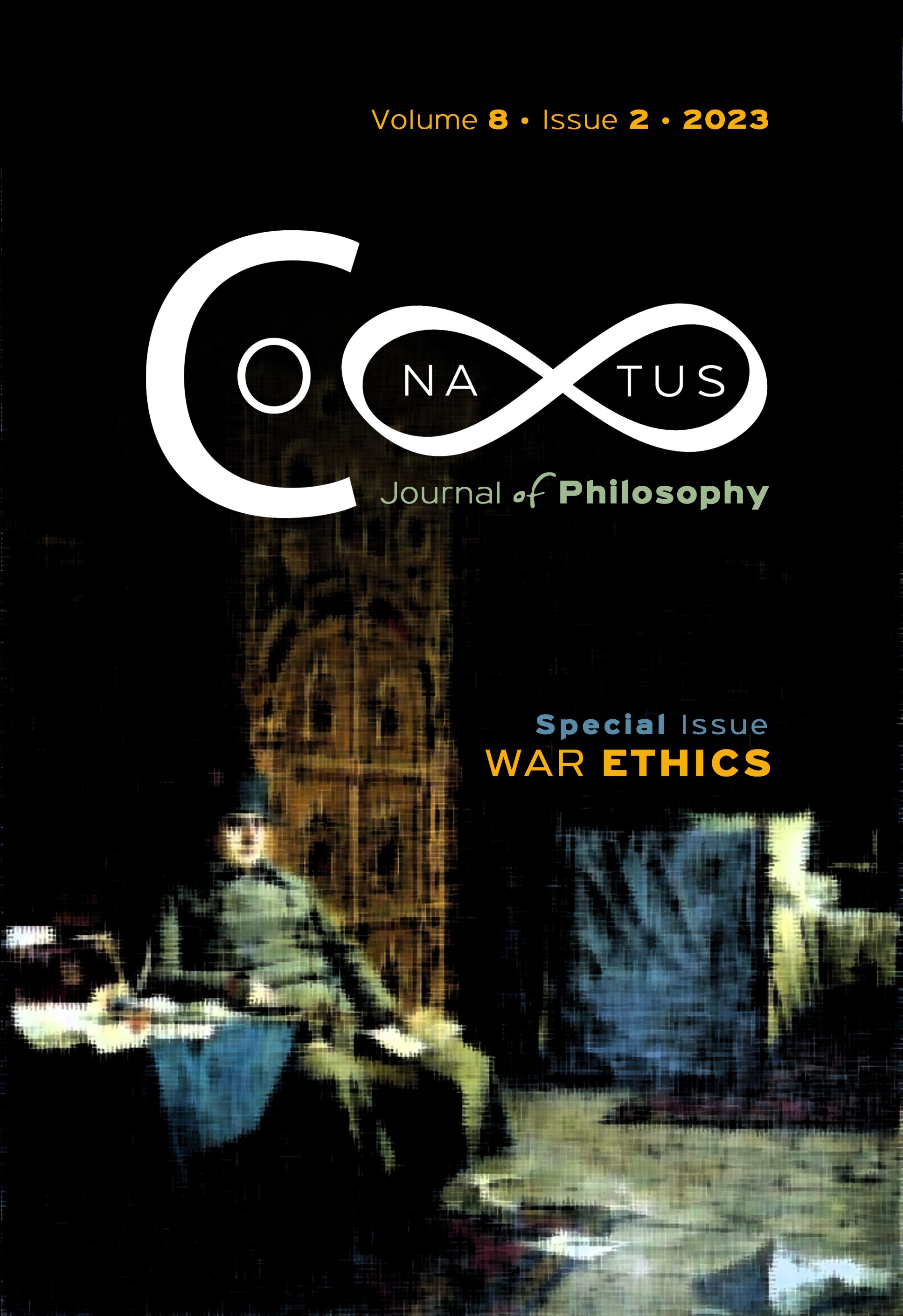Anger and Reconciliation

Abstract
Emotions are a much-neglected aspect of contemporary peace ethics, which is surprising if only because the concept of positive peace encompasses a certain emotional commitment. Moreover, some emotions explicitly promote separation, conflict, and even violence. Anger is an ambivalent emotion that, on the one hand, evokes conflict but, on the other hand, expresses a sense of justice. Anger can be soothed by forgiveness, and forgiveness can lead to reconciliation. However, in individual ethics, the conceptual and factual connections are easier to explain than in political contexts, where collectives must be considered as actors. Martha Nussbaum recently subjected both anger and forgiveness to a well-founded critique. In contrast to this, however, a qualified defense will be made in the following.
Article Details
- How to Cite
-
Koch, B. (2023). Anger and Reconciliation. Conatus - Journal of Philosophy, 8(2), 279–298. https://doi.org/10.12681/cjp.35255
- Section
- Articles
- Categories

This work is licensed under a Creative Commons Attribution-NonCommercial 4.0 International License.
Authors who publish with this journal agree to the following terms:
Authors retain copyright and grant the journal right of first publication with the work simultaneously licensed under a Creative Commons Attribution Non-Commercial International License (CC BY-NC 4.0) that allows others to share the work with an acknowledgement of the work's authorship and initial publication in this journal.
Authors are able to enter into separate, additional contractual arrangements for the non-exclusive distribution of the journal's published version of the work (e.g. post it to an institutional repository or publish it in a book), with an acknowledgement of its initial publication in this journal.
Authors are permitted and encouraged to post their work online (preferably in institutional repositories or on their website) prior to and during the submission process, as it can lead to productive exchanges, as well as earlier and greater citation of published work.





